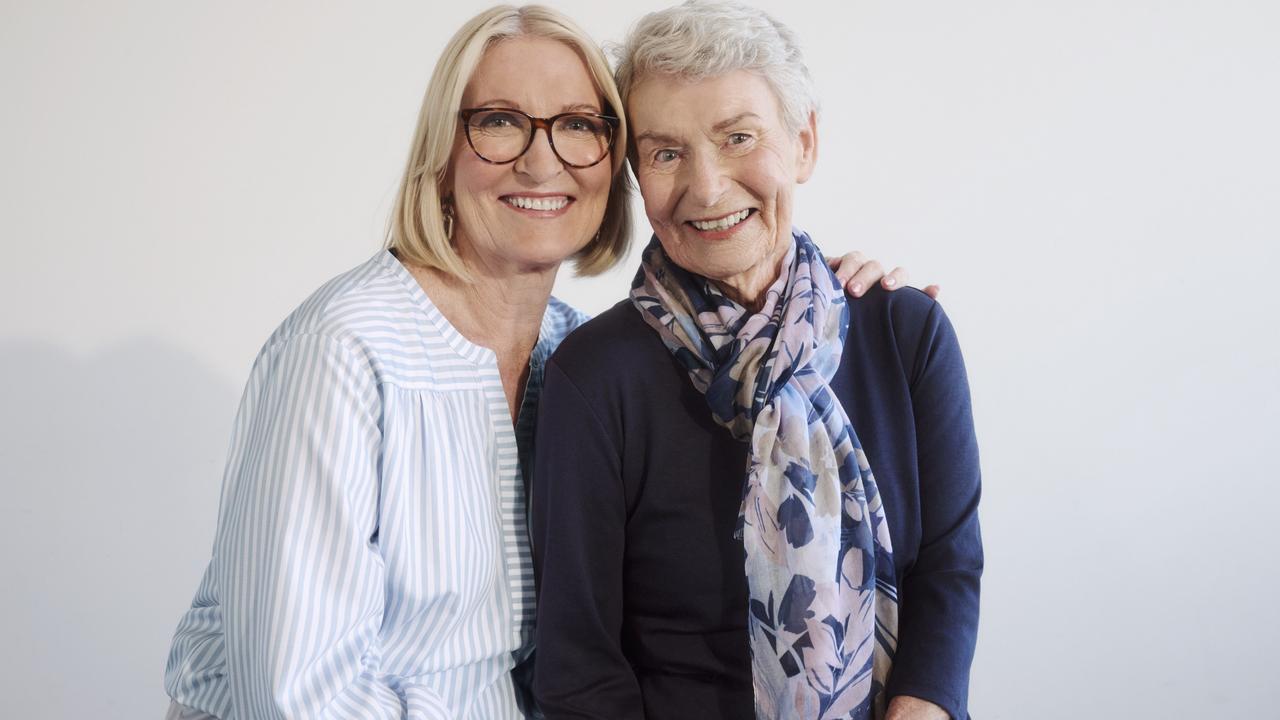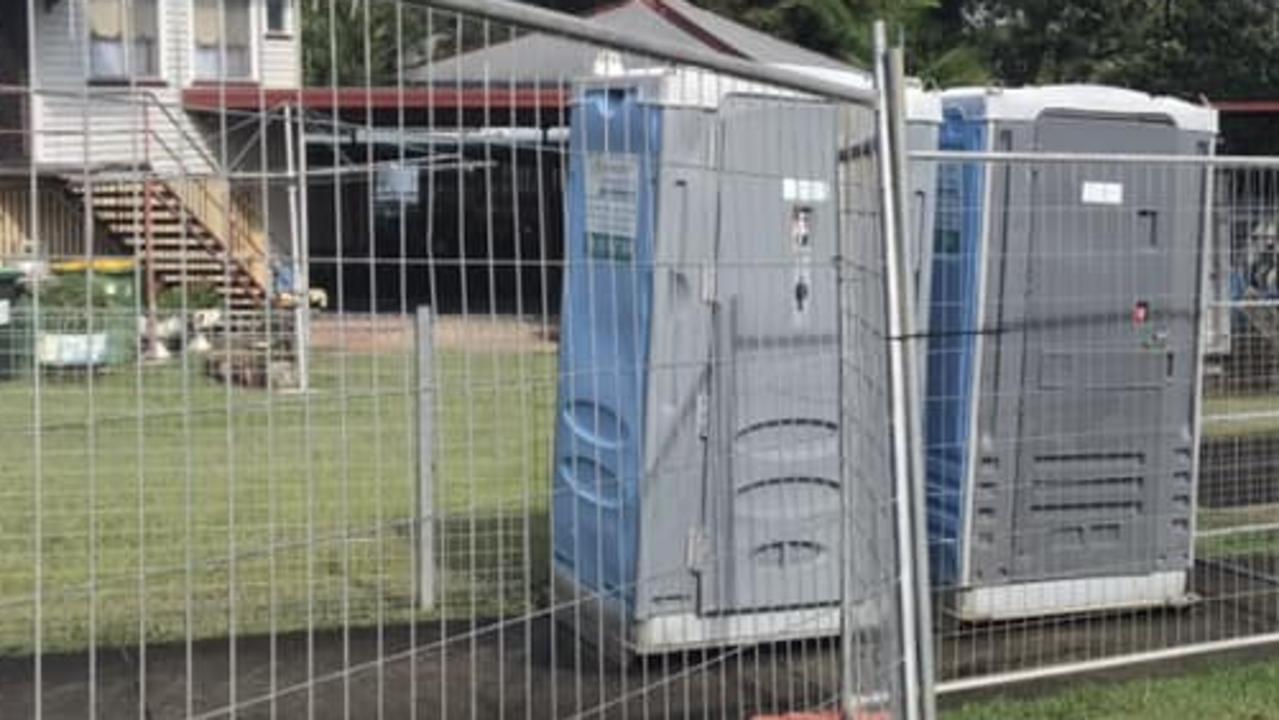Byron council to discuss bioenergy project in confidential session
Byron Shire Council is considering a $4 million boost to its bioenergy plant budget in a discussion set to be held behind closed doors.
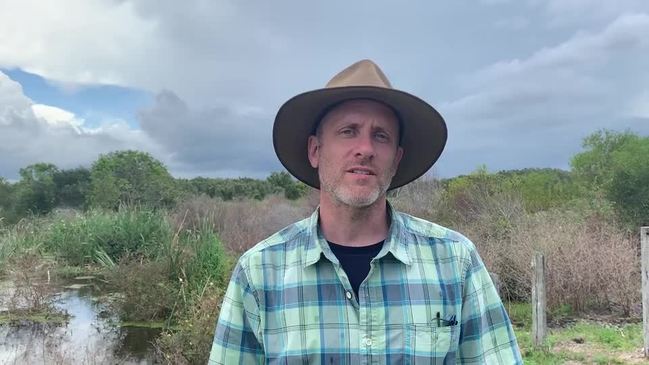
Community News
Don't miss out on the headlines from Community News. Followed categories will be added to My News.
Byron Shire Council’s budget for a planned bioenergy plant could be increased by $4 million, depending on a discussion slated to occur in a confidential session.
Council staff have also recommended the council move ahead with in-principle contracts to fulfil grant requirements.
A project update on the Byron Shire Bioenergy Facility proposal is set to go before the council’s ordinary meeting on October 28.
The council first unveiled plans for the proposed facility about a year ago.
A development application has since been lodged for the construction on a site beside the sewage treatment plant in the Byron Wetlands.
If it goes ahead, the plant would divert about 20,000 tonnes of organic waste which is currently transported to Queensland for processing.
It would instead be used to generate renewable electricity.

As well as household green waste, it’s expected the facility would be able to process commercial organic waste, sewage biosolids and grease trap waste from commercial kitchens.
Senior project manager John Hart authored a report on the progress of the project and has recommended councillors discuss that document in a confidential session.
The report has not been made public but in a summary included in the council’s agenda, Mr Hart said the document would update councillors on “early contractor involvement design and cost estimating”.
He said the report particularly looked at “the requirement to advance forms of contracts to support the Australian Renewable Energy Agency grant funding application process”.
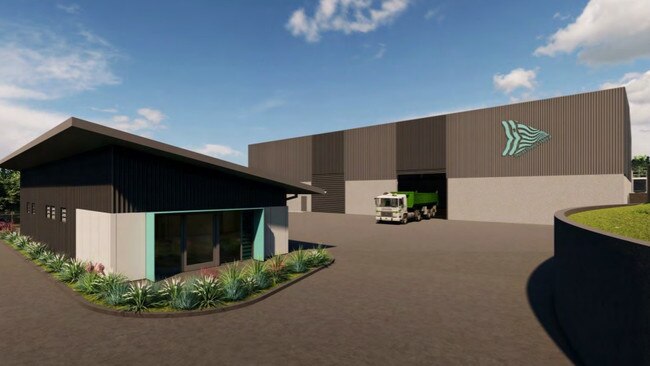
“To fulfil the requirements of the next stage of the Australian Renewable Energy Agency grant application process, council must advance contract negotiations for this project with its preferred contractor,” Mr Hart wrote.
He wrote that it was recommended the council “clarify the intent” of an earlier resolution to “directly negotiate contracts with council’s preferred contractor”.
Those contracts would be “in-principle”, subject to further independent commercial and legal advice, grant funding and so on.
Mr Hart’s report has also recommended the upper limit of the council’s project budget be increased from $12 million to $16 million.
“This budget adjustment is so that council can demonstrate to Australian Renewable Energy Agency that it has the capacity to execute this project, subject of course to grant funding and other due diligence,” Mr Hart wrote.
“This budget revision is not a council project spending commitment.
“The forecast cost increase is attributable to detailed design development, normal cost escalation with time, and the unusual cost implications of the global supply chain difficulties caused by the Covid-19 pandemic.”
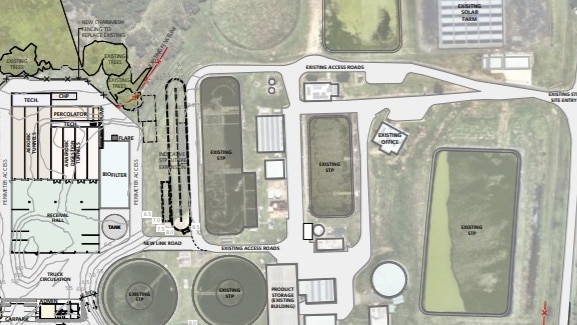
He said work was still being done on the engineering design and cost estimation of the proposal.
Staff have recommended the council vote to take their discussion on the project into a confidential session based on “commercial information of a confidential nature that would, if disclosed, prejudice the commercial position of the person who supplied it”.
They said discussing the matter in an open session could also risk giving a financial advantage to another party and because it would be “contrary to the public interest” because the council “is still in direct commercial negotiations with its preferred contractor”.
Staff also stressed Australian Renewable Energy Agency “does not permit public discussion of its contemplated grants during the grant application process and requires that the application information remain confidential”.



